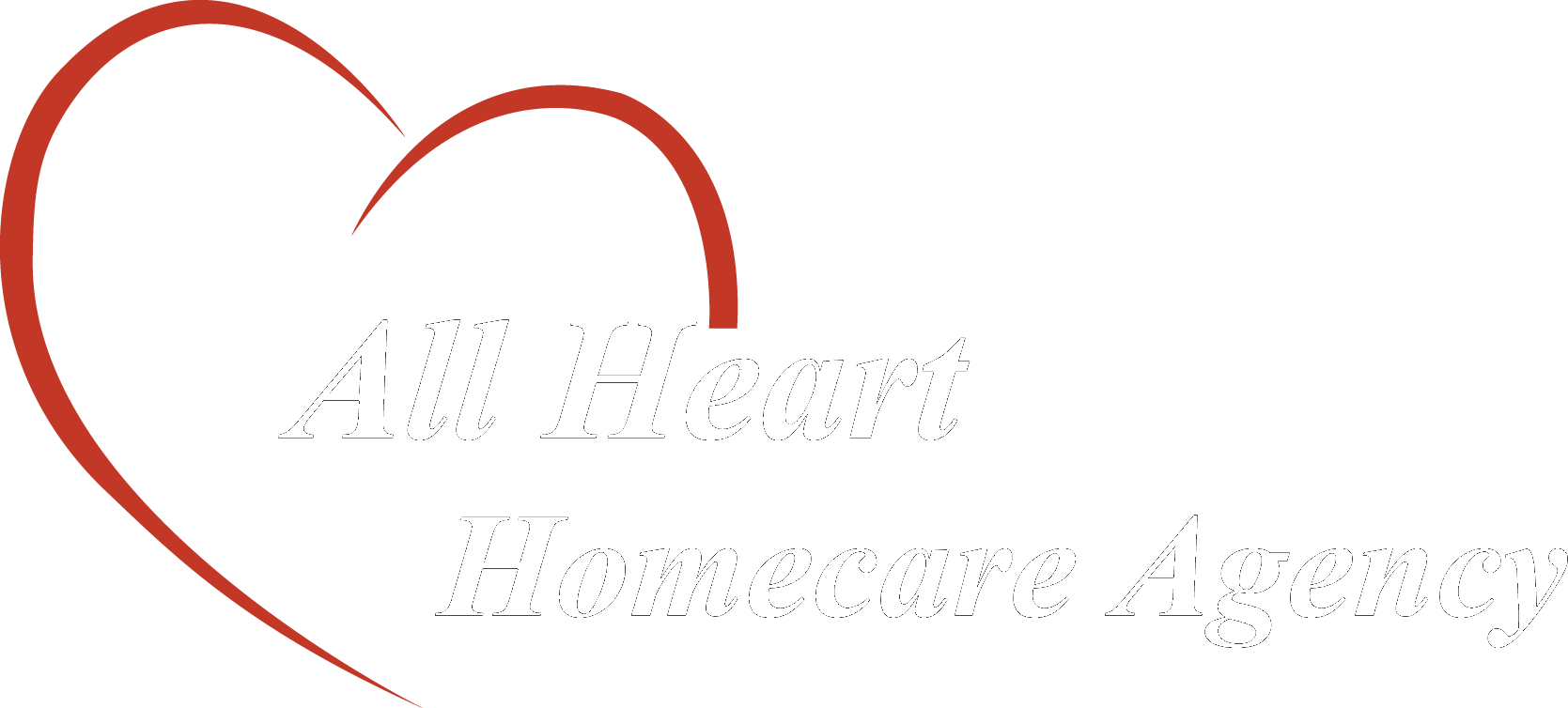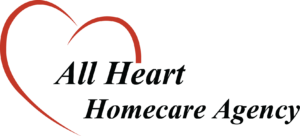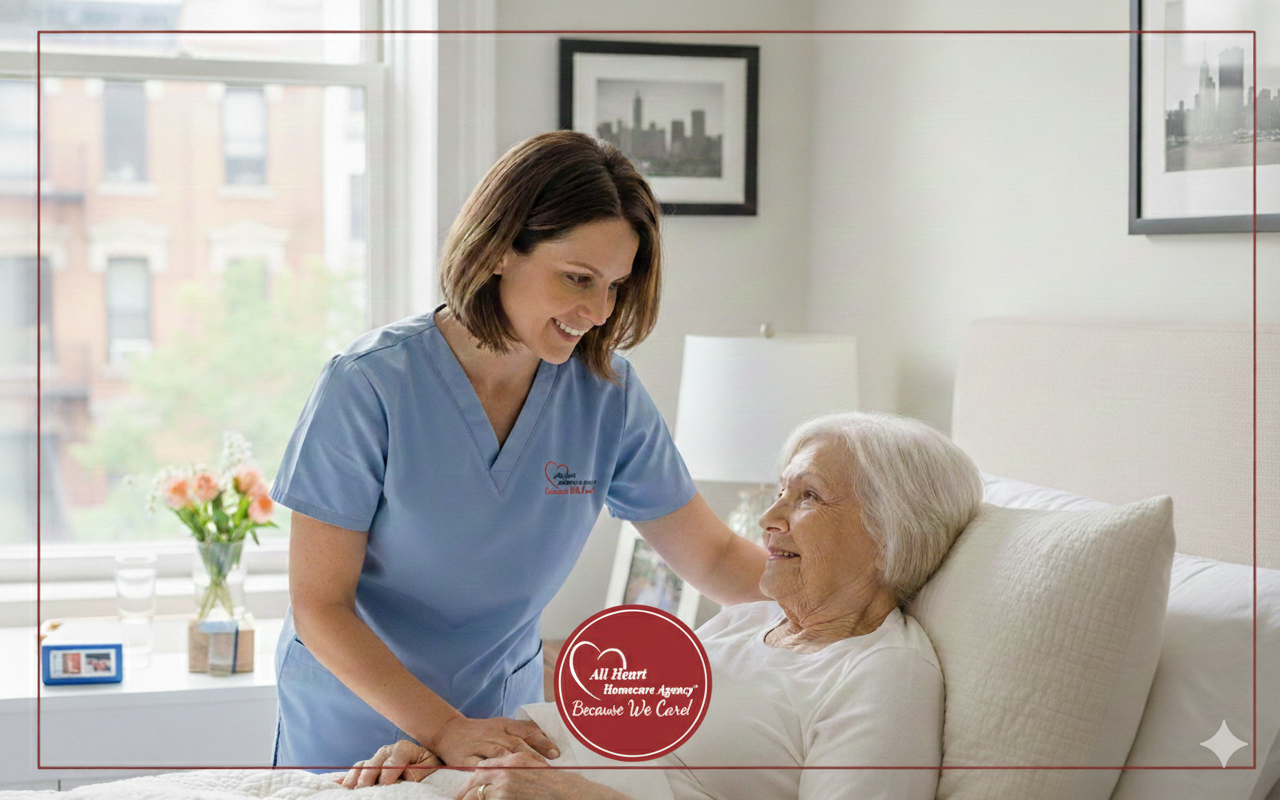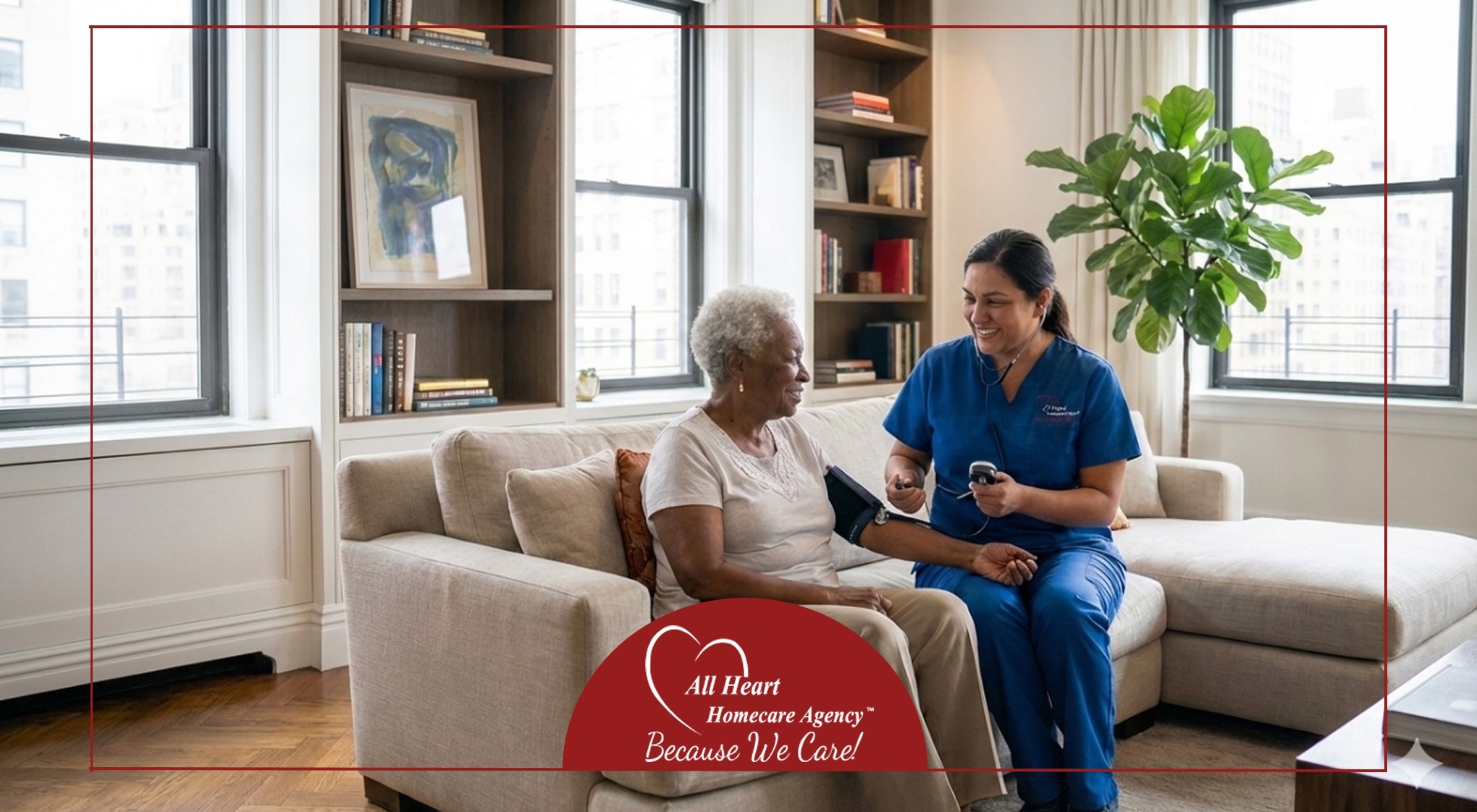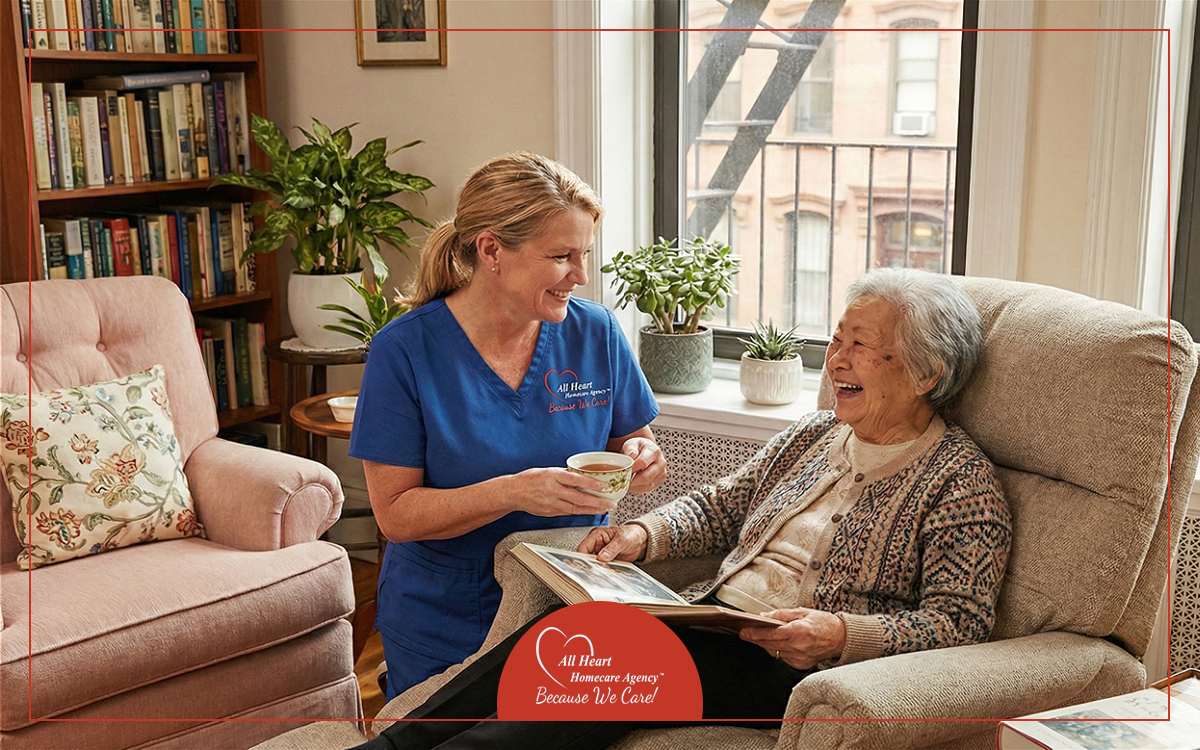What does a home health aide agency do and how can it help your family?
A home health aide agency connects families with trained aides who help older adults with everyday tasks that become harder with age, such as bathing, dressing, meal preparation, mobility support, and light housekeeping. These agencies also coordinate schedules, ensure aides are vetted and supervised, and step in with backup staffing when needed. For many families, working with an agency brings consistency, reliability, and peace of mind, allowing seniors to stay safe and comfortable at home while giving family caregivers support they can count on.
When it comes to caring for your loved ones, finding the right home health aide agency can make all the difference between maintaining independence at home and facing institutional care. As we navigate through 2025, the home health care landscape has evolved dramatically, offering families more options, better technology integration, and increasingly personalized care solutions.
At All Heart Homecare, we understand that choosing a home health aide agency is one of the most important decisions you’ll make for your family. With our philosophy of “caring for one as you would care for your loved one with all your heart,” we’ve witnessed how the right agency transforms both care quality and family peace of mind. Learn more about our comprehensive home care services and our mission.
Introduction
The home health care industry is experiencing unprecedented growth, with demand rising as the baby boomer generation ages. By 2029, projections indicate 71.4 million Americans aged 65 and older, with 70% expected to require some form of care during their lifetime.
The year 2025 represents a pivotal moment in home health care. Technology integration has reached new heights with remote patient monitoring systems, AI-powered care planning, and telehealth services becoming standard offerings. Over 70 million Americans are expected to use remote patient monitoring by 2025, fundamentally changing how home health aide agencies deliver care.
Regulatory landscapes have shifted significantly, with new Electronic Visit Verification requirements, potential Medicaid Access Rule modifications, and evolving state policies affecting agency operations. The COVID-19 pandemic has permanently altered family preferences toward aging in place, driving innovation in service delivery models.
Who This Guide Is For
This comprehensive guide serves families navigating home health care for the first time, healthcare professionals making referrals, and those considering transitions from informal caregiving to professional certified home health aide services. Whether seeking an elderly home health aide agency for aging parents or a dementia home health aide agency for cognitive challenges, this guide provides essential decision-making frameworks.
What You’ll Learn
You’ll gain a comprehensive understanding of the home health aide agency landscape, including differences between provider types, qualification requirements, cost structures, and selection criteria. We’ll explore home health aide agency cost considerations, insurance coverage options, and practical guidance for choosing and working with providers.
What Is a Home Health Aide Agency?
A home health aide agency is a public or private organization delivering skilled nursing and therapeutic services in patients’ residences rather than traditional healthcare facilities. These agencies bridge hospital-level care and independent living, providing essential support for maintaining dignity and independence.
Licensed home health aide agencies must meet stringent federal and state requirements, including appropriate insurance coverage, properly trained staff, quality assurance programs, and strict documentation standards. The regulatory framework includes oversight from Medicare/Medicaid Services and state licensing boards.
Modern home health aide agencies incorporate advanced technology platforms, enhancing care coordination. Electronic health records enable real-time information sharing, while remote monitoring devices provide continuous health metric tracking.
Home Health Aide vs. Personal Care Assistant vs. CNA
Choosing the right home health aide agency requires a clear understanding of caregiver roles:
- Home Health Aides (HHAs) undergo 75-120 hours of state-approved training, which includes both classroom instruction and supervised clinical experience. They can assist with personal care and handle basic health-related tasks such as monitoring vital signs and providing medication reminders.
- Personal Care Assistants (PCAs) receive less formal training and focus primarily on assisting with daily living activities, rather than medical tasks. Training requirements for PCAs vary widely from state to state.
- Certified Nursing Assistants (CNAs) have the most comprehensive training among non-licensed caregivers, typically completing 75-150 hours of instruction, with a significant emphasis on clinical experience.
Understanding these distinctions can help you choose the appropriate level of care for your needs.
How Agencies Fit into the Continuum of Care
Home health aide agencies play a vital and compassionate role in the healthcare journey, serving as a bridge between hospital care and the comfort of home. By ensuring a smooth transition from acute care settings to familiar home environments, these agencies help reduce readmission rates and support recovery with care and integrity.
Collaboration is at the heart of what they do. Home health aide agencies work closely with physicians, specialists, hospitals, and rehabilitation teams to create a seamless network of care. Their integration within accountable care organizations reflects a deep commitment to preventing complications and fostering positive outcomes. With a focus on empathy, reliability, and dedication, these agencies ensure that patients and their families feel supported every step of the way.
Qualifications & Training
State Licensing Requirements
Licensing landscapes for home health aide agencies vary significantly across states. Federal regulations establish minimum standards for Medicare/Medicaid participation, requiring 75 hours of training with 16 hours of supervised practice. However, states often impose additional requirements exceeding federal minimums.
State licensing addresses multiple operational aspects beyond caregiver training, including financial stability through bonding/insurance, appropriate facilities, and comprehensive policies. The licensing process involves detailed policy review, staff qualification verification, and on-site inspections.
Common Certifications (HHA, CPR, First Aid)
Certified home health aide (HHA) services demand thorough training that encompasses key areas such as anatomy, infection control, communication skills, and emergency protocols. The certification program also includes hands-on training, allowing participants to gain practical experience in real caregiving situations under professional supervision.
CPR certification is a standard requirement for all caregivers, emphasizing the critical importance of emergency response in home care settings. First Aid certification often complements CPR training, equipping caregivers with the skills to handle a broader range of emergencies.
For specialized care, additional certifications may be necessary. For instance, home health aides working with dementia patients are typically required to complete focused dementia care training, ensuring they can effectively meet the unique needs of this population..
Ongoing Training & Quality Assurance
Quality assurance programs go beyond initial certification, focusing on continuous monitoring of care quality, staff development, and consistent service delivery. While federal regulations mandate 12 hours of annual in-service training, many top agencies surpass these requirements to ensure excellence.
Effective supervision systems provide ongoing guidance, with registered nurses conducting regular visits to observe care delivery and offer constructive feedback. Performance evaluation processes further enhance quality by assessing staff competency and identifying areas for growth and development.
Core Services Offered
Personal Care Services
Personal care is central to in-home health aide services, focusing on daily activities with compassion and respect. Bathing assistance includes preparing the shower, ensuring a safe water temperature, and offering support, all while maintaining dignity and privacy. Dressing assistance is personalized, helping with clothing choices that address physical needs while boosting confidence.
Mobility assistance ensures safety and independence. Caregivers are trained in safe transfers and fall prevention, helping clients move with confidence. For those recovering from illness or injury, gentle exercises and basic physical therapy support aid their recovery. Every detail reflects a commitment to compassionate, reliable care that supports both clients and their families.
Medication Reminders & Health Monitoring
Managing medication is a vital part of supporting overall health and well-being, and it requires careful attention to both individual needs and legal guidelines. Our approach emphasizes empathy and reliability, offering services such as gentle verbal reminders, assistance with pill organizers, and help reading medication labels. We’re also dedicated to closely monitoring for potential side effects and promptly communicating any concerns to healthcare professionals, ensuring the highest level of care and safety.
Vital sign monitoring plays an important role in keeping a close eye on health, providing regular checks of blood pressure, pulse, respiratory rate, and temperature. These measurements offer valuable insights, but we go further by including broader health check-ins. These compassionate assessments help us identify any changes in a person’s condition that might not show up in vital signs alone, reinforcing our commitment to thorough and personalized care.
Specialized Care Services
Dementia home health aide agencies provide specialized services addressing cognitive impairment challenges. Services include cognitive stimulation activities, behavior management techniques, and enhanced safety considerations specific to dementia. At All Heart Homecare, our specialized dementia care program provides comprehensive support for families facing these challenges.
Post-surgical care focuses on safe recovery and complication prevention, including wound care assistance, mobility support, and pain management coordination. Chronic disease management helps maintain stability for conditions like diabetes and COPD. Learn more about our post-surgical care services and how we support recovery at home.
Costs & Pricing Models
Understanding home health aide agency cost structures is essential for budget planning and informed decision-making. The 2025 pricing landscape reflects significant regional variations and evolving payment models.
| Service Type | National Average | Range |
|---|---|---|
| Companion Care | $25/hour | $20-$30/hour |
| Personal Care | $33/hour | $25-$40/hour |
| Skilled Nursing | $65/hour | $50-$80/day |
| Live-in Care | $300/day | $250-$350/hour |
| Dementia Care | $40/hour | $30-$50/hour |
Regional Cost Variations
| State | Hourly Rate Range | Cost Ranking |
|---|---|---|
| Alaska | $35-$45 | Most Expensive |
| Hawaii | $34-$42 | Very High |
| California | $32-$40 | High |
| New York | $30-$38 | High |
| Florida | $25-$33 | Moderate |
| Texas | $24-$31 | Moderate |
| Mississippi | $18-$25 | Most Affordable |
Insurance Coverage Options
Medicare Coverage: Limited to skilled services when homebound and under physician care. Covers home health aide services only when combined with skilled nursing or therapy. For detailed Medicare coverage information, visit the official Medicare website.
Medicaid Coverage: Varies dramatically by state, with some offering comprehensive home/community-based services. Waiver programs provide enhanced coverage options in many states. Check your state’s Medicaid program details for specific coverage.
Private Insurance: Long-term care policies often provide comprehensive coverage, while standard health insurance typically covers only skilled services.
Veterans Benefits: Aid and Attendance benefits help eligible veterans and spouses cover home care costs. Learn more about VA benefits for home care.
Key Benefits of Using an Agency
Professional Supervision & Backup
Licensed home health aide agencies provide dependable, high-quality care through comprehensive supervision and robust backup systems. With oversight from registered nurses, care plans are carefully managed, and potential issues are identified early to ensure the best outcomes. Backup caregiver systems eliminate gaps in care when primary caregivers are unavailable, offering peace of mind for families. Leading agencies maintain a well-qualified pool of caregivers, ensuring seamless coverage during absences like vacations or illness.
Liability Coverage & Compliance
Professional liability protection offers significant financial and legal protection unavailable with independent caregivers. Comprehensive insurance includes general liability, professional liability, and workers’ compensation coverage.
Regulatory compliance ensures agencies meet all applicable requirements for legal, safe operation. Background check requirements and documentation systems provide additional security and quality assurance.
Access to Specialized Expertise
Home health aide agencies provide more than care—they offer a compassionate network of support. With clinical consultations, seamless coordination with healthcare providers, and innovative technology, these agencies ensure individuals receive top-quality care. Their reliability and professionalism mean you can trust them to support your loved ones with empathy and dedication.
How to Choose the Right Agency
Essential Questions to Ask
When evaluating home health aide agencies, ask about:
– Licensing and accreditation status
– Staff qualifications and training requirements
– Supervision and oversight procedures
– Emergency response protocols
– Communication and reporting systems
– Pricing and payment policies
Red Flags to Avoid
Warning signs include:
– Unlicensed or uninsured operations
– No background check policies
– Unrealistic promises or guarantees
– Pressure for immediate contract signing
– Poor communication or responsiveness
Verification Steps
Verify state licensing through official databases, check Medicare certification status, and confirm insurance coverage. Review online ratings, client testimonials, and Better Business Bureau records.
Preparing for In-Home Care
Home Safety Checklist
| Area | Safety Measures |
|---|---|
| Bathroom | Install grab bars, non-slip mats, adequate lighting |
| Kitchen | Check appliances, secure sharp objects, organize items |
| Walkways | Remove tripping hazards, ensure proper lighting |
| Medications | Secure storage, clear labeling, disposal of expired drugs |
| Emergency | Post contact numbers, check smoke detectors, evacuation plans |
Care Plan Development
Collaborative care planning involves clients, families, healthcare providers, and agency staff. Assessment processes evaluate physical, cognitive, and psychosocial needs while establishing measurable goals.
Communication Protocols
Effective communication systems ensure all care team members stay informed. Daily logs, family communication schedules, and emergency procedures facilitate information sharing while respecting privacy requirements.
Frequently Asked Questions
What’s the difference between HHA and PCA services?
HHAs complete comprehensive 75-120 hour training programs, enabling personal care plus basic health tasks. PCAs focus primarily on daily living activities with less formal training requirements.
What are the typical availability and hours?
Most home health aide agencies operate 6 AM to 8 PM Monday-Friday, with weekend/holiday coverage available at premium rates. Minimum hour requirements typically range from 4-8 hours per visit.
How do overtime and cancellation policies work?
Overtime applies for work exceeding 8 hours daily or 40 hours weekly. Most agencies require 24-48 hours cancellation notice to avoid fees.
What happens during emergencies?
Emergency procedures involve calling 911 for life-threatening situations while notifying agencies and families. Caregivers receive first aid/CPR training for immediate assistance.
Real-Life Success Stories
Post-Surgery Recovery Success
Margaret Smith’s hip replacement recovery exemplifies successful home health aide agency partnerships. Professional oversight, skilled care coordination, and early complication detection enabled full independence recovery within six weeks.
Diabetes Management Excellence
Maria Rodriguez’s complex cardiac and diabetes care demonstrated how certified home health aide services can address multiple conditions simultaneously while providing culturally sensitive, multilingual support.
*This guide was prepared by the All Heart Homecare team to help families make informed decisions about home health aide services. For personalized advice, contact our care coordinators for a complimentary consultation.*
